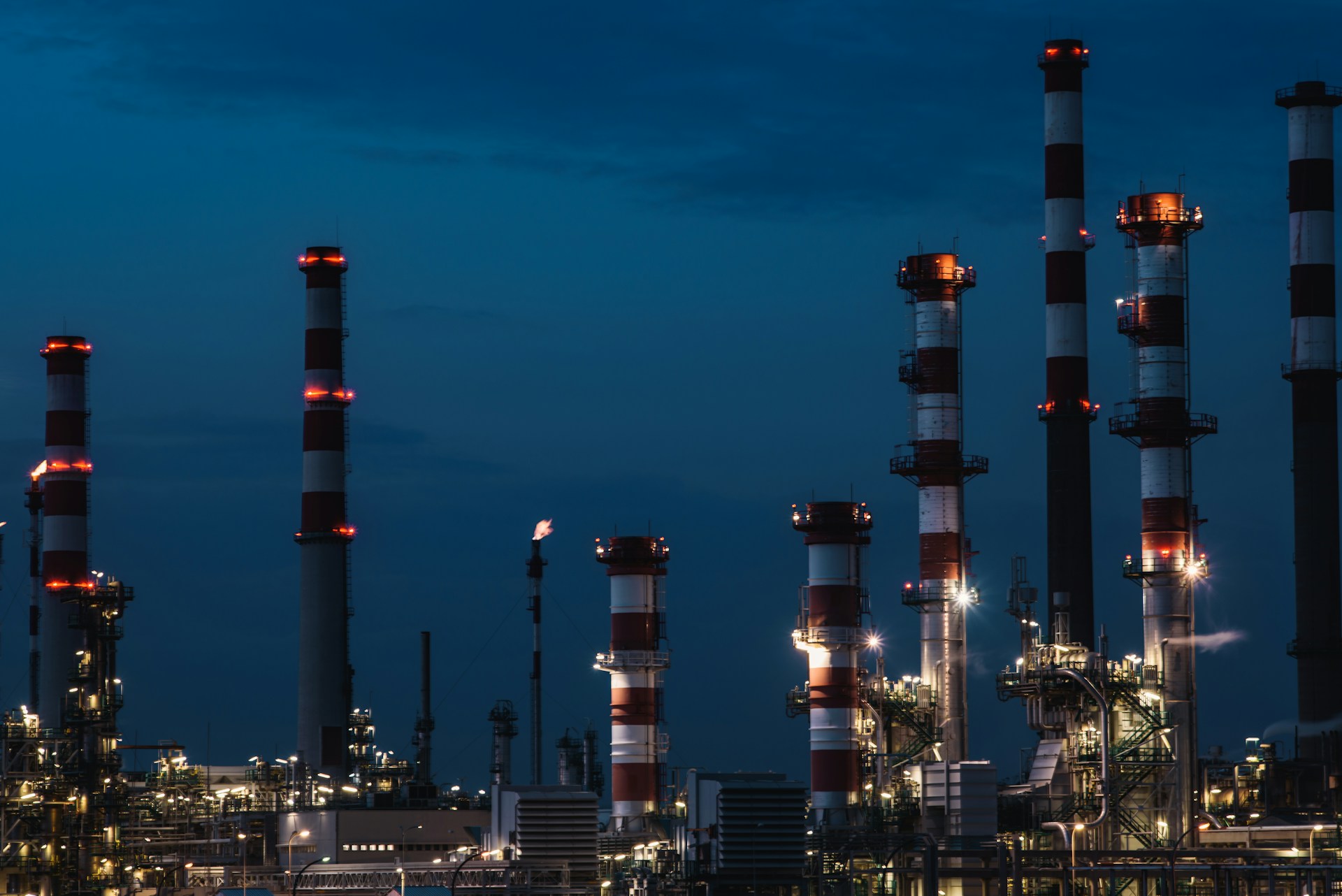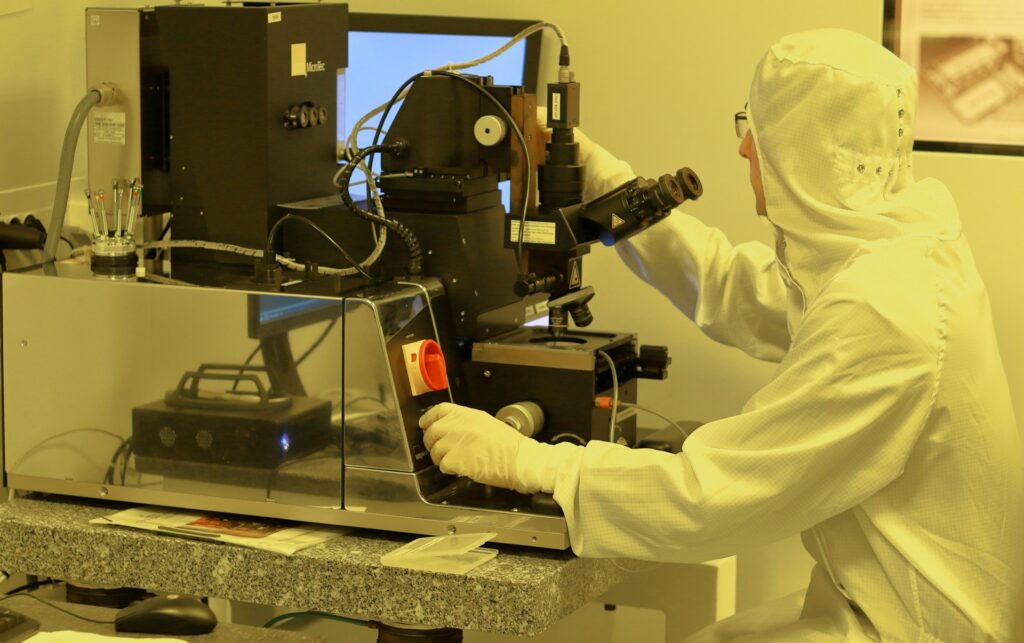Industrial chemistry significantly depends on catalysts that boost chemical reaction efficiency. Platinum stands as one of the most widely used catalysts, it is a noble metal catalyst which effectively performs in hydrogenation reactions. The main barrier exists in maintaining reliable platinum catalysts. The reliability particularly increases, previous research has shown, when in the form of atomic cluster structures. These clusters unfortunately undergo aggregation leading to performance reduction and loss in efficiency. Scientists from the University of California, Davis devised a new solution to solve this issue by creating cerium oxide nanoscale islands to contain platinum clusters.
Chen, Y., Zhao, J., Zhao, X., Wu, D., Zhang, N., Du, J., Zeng, J., Li, X., Salmeron, M., Liu, J., & Gates, B. C. (2025). Stabilizing supported atom-precise low-nuclearity platinum cluster catalysts by nanoscale confinement. Nature Chemical Engineering, 2(1), 38–49. https://doi.org/10.1038/s44286-024-00162-x
Professor Bruce Gates at UC Davis’ Department of Chemical Engineering led research teams which followed past findings showing that platinum functioned better at catalysing reactions within small cluster arrangements compared to single atoms or larger nanoparticles. The main challenge arises from protecting tiny clusters from forming bigger particles since this process reduces their ability to react as catalysts.
Former postdoctoral researcher Yizhen Chen and his Gates Catalysis Research Group colleagues used an innovation developed by Jingyue Liu at Arizona State University to solve the issue. Platinum clusters can be stabilised through a technique that involves “trapping” them inside nanoscale cerium oxide islands which rest on top of a silica support surface. Microreactors found within each island protect platinum clusters while maintaining their catalytic ability during tough chemical reaction processes.
The team demonstrated that these confined platinum clusters exhibited strong catalytic activity in ethylene hydrogenation and maintained stability even under severe reaction environments.
Strategies to create stable high-performance catalysts are essential for running processes such as hydrogenation, fuel refinement and within emissions management operations just to name a few. Researchers can achieve efficient catalyst optimisation through nanoscale “trapping” methods that help reduce dependency on precious metals in catalysis.

Hassan graduated with a Master’s degree in Chemical Engineering from the University of Chester (UK). He currently works as a design engineering consultant for one of the largest engineering firms in the world along with being an associate member of the Institute of Chemical Engineers (IChemE).



